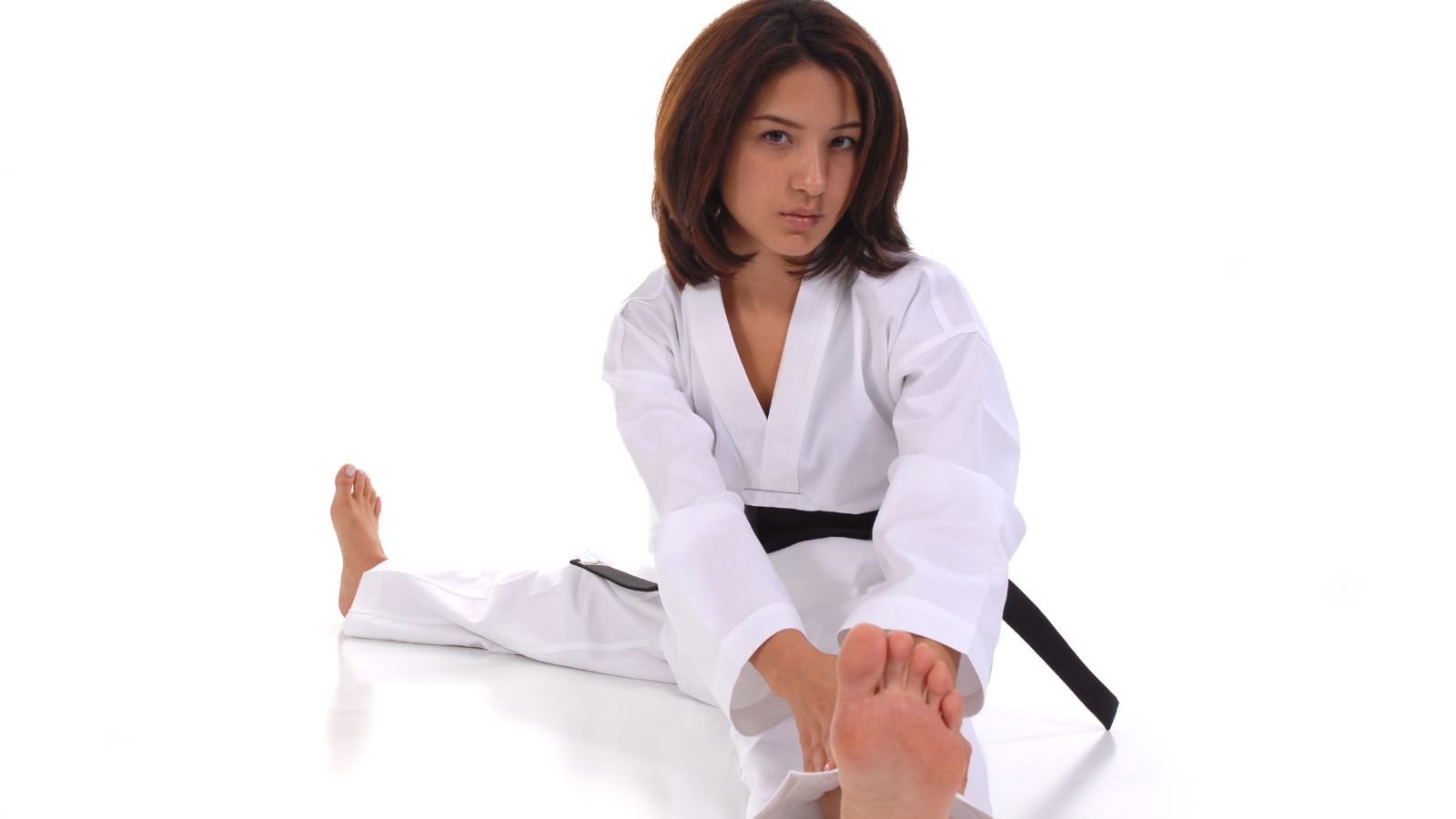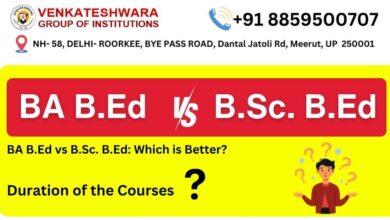What is Physical Fitness?

Physical fitness is the ability to carry out our daily tasks without fatigue and go about doing our chores with ease. Physical fitness means the person is of sound health and can perform his tasks with no health issues.
Moreover, people all over the world want to maintain physical fitness because it allows them to live comfortably and free from disease.
A physically fit person is confident because he can perform his duties well without failure. All jobs posts clearly mention the candidate to be of sound health so that they can perform their tasks with alertness and excellence.
In today’s competitive world, you need to be physically fit to constantly meet the demands of achieving corporate goals. Most job roles require the person to maintain physical fitness to enhance their profile.
People often rightly say that a healthy body houses a healthy mind. Hence, people of all ages exercise and do physical activity to remain healthy throughout their life. The growing stress levels are increasing the need to be physically fit. Stress can lead to lifestyle ailments such as diabetes and hypertension.
India is the 3rd most obese country in the world, trailing behind China & US who have the maximum obese people in the world.
The situation is alarming because the global population of overweight individuals has increased from 857 million in 1980 to 2.1 billion in 2013, according to a global study. This represents a third of the entire world’s population.
To live longer and healthier, it is important to focus on physical fitness. Regular exercise can help prevent age-related issues such as joint and shoulder stiffness.
Components of Physical Fitness
The major components of physical fitness are:
1. Firstly cardiovascular endurance: the ability to sustain long-term physical activity without fatigue.
2. Then, muscular strength: the ability to generate force against resistance.
3. Moreover, muscular endurance: the ability to perform repeated movements or activities without fatigue.
4. Further, flexibility: the range of motion of a joint or muscle group.
5. Besides, body composition: the proportion of lean body mass to body fat.
6. Agility: the ability to change direction or speed.
7. Balance: the ability to maintain equilibrium and stability.
8. Power: the ability to generate force in a short amount
Types of Physical Activity
Cardiovascular fitness
It depends on the capacity of our lungs & heart to use the oxygen inhaled & transport it to the body tissues to fuel their movement. Marathon runners and sports persons have great cardiovascular fitness. They can play sports without getting tired.
Cardiovascular fitness activities, known as cardio, include running, swimming, cycling, and taking part in various sports. These activities help test and enhance our cardiovascular endurance.
Muscular Strength
The maximum amount of force one can exert is muscular strength. As we develop strength, the number of muscle fibres also increases, which we develop in the gym. Cricket players, tennis players have enhanced muscle strength which allows them to bowl fast & serve harder.
Muscular Endurance
It’s the time our muscles can withstand a physical activity without getting tired. Muscular endurance lets us go for longer.
Races like Marathons and Tour De France test how long our muscles can work at their best without getting tired.
Flexibility/Mobility
The ability of our joints to perform a series of motions or yoga exercise without showing stiffness. Through physical activity, we can keep our joints flexible and avoid any stiffness in later part of the life.
Dancers & gymnasts perform various fitness exercises so that they remain flexible in doing their tasks.
Mental Fitness
Through meditation & Yoga people relax their mind & perform well in their profession. With growing stress levels, people meditate to be calm so that they feel charged up for the day. Various meditation exercises help individuals to rejuvenate their mind, body, & soul.
Importance of Physical Activity
Physical fitness brings happiness because being physically fit means you live a disease free life. If one is fit enough, they will save on medication costs, as they are less likely to fall sick.
Further, one who is physically fit can work for longer spans and contribute economically towards the family & society. Fit individuals can work after retirement, making them well-suited for consulting roles in companies and schools..
Physically fit people can save on spiraling medication costs, which is burdensome in later stages of life.
Can we take physical fitness up as a career?
Yes, of course, the Bachelor of Physical Education (BPED) course trains to become fitness trainers & coaches of different sports. We can attribute the success of the Indian contingent at the Asian Games to their coaches. The coaches guided the players in the right way of playing.
BP.Ed is a very popular course because it grooms one to become a professional coach or a Physical Training Instructor (PTI) in schools & colleges. All educational institutions should employ a sports teacher. This is important because, through sports, students can experience holistic development.
In fact, under the Khelo India scheme, the Government plans to recognize & nurture sporting talents from school level itself. This helps to develop sports enthusiasts from a young age & train them to take up sports professionally.
The Sports teacher introduces youngsters to various sports and nurtures their talent. Further sporting careers are great money spinners because with good sponsorship players are doing a decent amount of earning.
The Football, Cricket & hockey Premier League showcase sports have a bright future in the country.
BP.Ed eligibility – Bachelor’s degree with physical education as an elective subject with 50% marks; or Bachelor’s degree with physical education as an elective subject with 45% marks and participation in National/State/Inter University competitions in sports or games or athletics recognized by Association of 16 Indian Universities or Indian Olympic Association; or Bachelor’s degree with 45% marks and having played in National/State/Inter University sports or games or athletics. For deputed in-service candidates (i.e. trained physical education teachers/coaches)–Graduation with 45% marks and at least 3 years of teaching experience. A relaxation of 5% marks in eligibility qualification shall be provided to candidates belonging to SC/ST/OBC categories. Admission to B.P.Ed. Will be based on physical fitness test, academic & weight age.
What is physical fitness in your own words?
For me, physical fitness is the ability to carry out my daily tasks without fatigue and enjoy with my family after work. To perform my daily tasks without weakness is true physical fitness.
Moreover, physical fitness also means that apart from my daily routine, I can perform some extra work without external support or fatigue.






